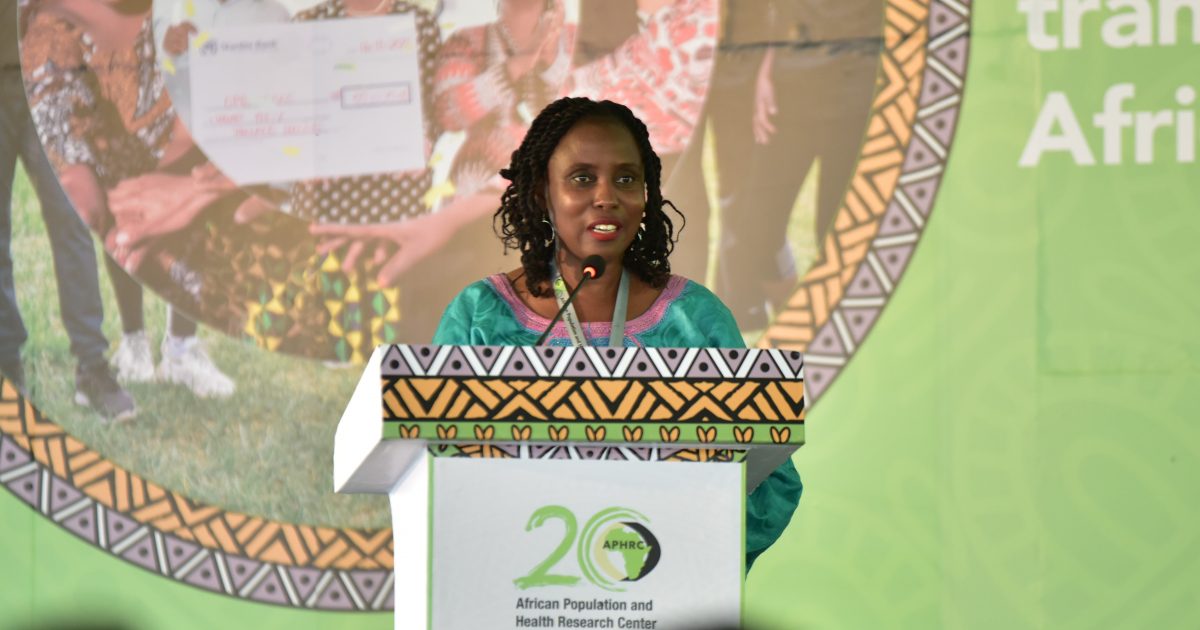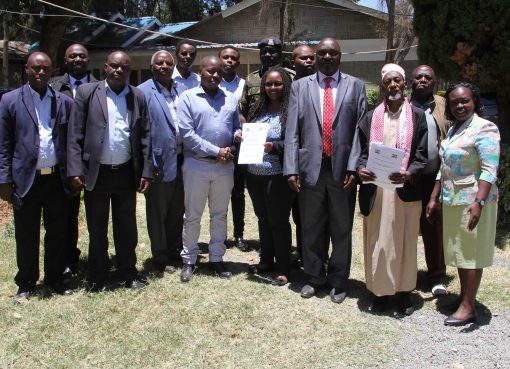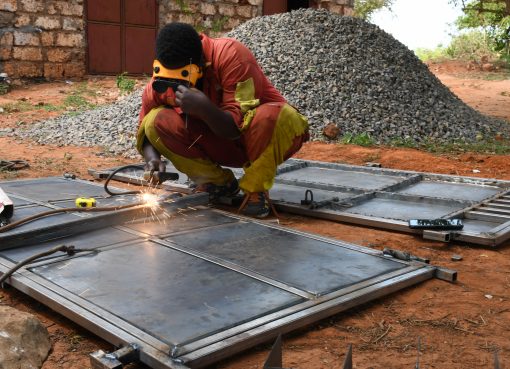Africa has been challenged to invest more in scientific research in advancing knowledge towards the achievement of the continent’s economic and social development.
According to the African Population and Health Research Center (APHRC), Sub-Saharan Africa contributes just 1 percent of global scientific products, such as patents, research papers, and peer-reviewed articles, with very little change over the last ten years.
The premier research-to-policy institution that generates evidence for policy action to enhance the health and well-being of African people, quoting a recent World Bank Report, says the continent needs at least 1,000,000 quality research leaders with Ph.D. degrees, to help drive economic and social development over the next ten years.
Dr. Catherine Kyobutungi, Executive Director (ED), APHRC said that despite Africa being a significant source of research, its global contribution is still low, this is because of the low investment in research, which results in Africa’s limited representation in the global knowledge economy.
“However, this presents an opportunity for Africa to make a significant leap in its social and economic development. Investments in Research and Development (R&D) can create millions of jobs, generate new knowledge for decision-making, drive monetization of innovations, and elevate the place of African scientists and institutions in the global marketplace of ideas and influence,” the ED said.
Dr. Kyobutungi was speaking, during a forum hosted by APHRC in commemoration of its 20th Anniversary, where she noted that research products alone by design cannot change the world but only when applied as part of an evidence-based policy or program intervention.
The call comes as APHRC celebrates twenty years since inception with a focus on bridging policy gaps and challenges affecting the African continent, alongside the creation of new knowledge through research and utilization of existing knowledge.
APHRC has been at the forefront of promoting the Evidence-Informed-Decision-Making (EIDM) approach across its projects, integrating research evidence with practitioner and beneficiary experiences to drive innovation and adaptation across all levels of decision making.
“We are telling our political leaders that Africa will not achieve its dream of economic and social empowerment by continuing to rely on international technical expertise. We need to develop our own scientists from home-grown talent, who will develop evidence-based local solutions that when translated into action and main-streamed into national decision-making processes, can cascade to the local level and change people’s lives,” said Dr. Kyobutungi.
APHRC aims to re-engineer the African research ecosystem by catalyzing the training of PhDs through partnerships with academic institutions and nurturing the next generation of African research leaders. Africa needs thousands of research leaders who, through an intergenerational transfer of skills and knowledge, will train the 1,000,000 scientists needed to spur the continent’s economic and social development.
Currently implementing its 2022 – 2026 strategic plan, APHRC intends to transform into an enabler and catalyst in Africa’s R&D ecosystem. Given the think-tank’s Africa-wide mandate and reach, it will rely on its track record in influencing policy, a wide network of partners across the continent, as well as its successful large-scale doctoral training programs to take on the mantle.
As part of its anniversary activities, the APHRC also hosted the ‘Evidence to Policy Impact Symposium’ that addressed challenges hindering effective public policy engagement, decision-making, and interventions to tackle health development challenges in African countries.
By Hamdi Mohamud





